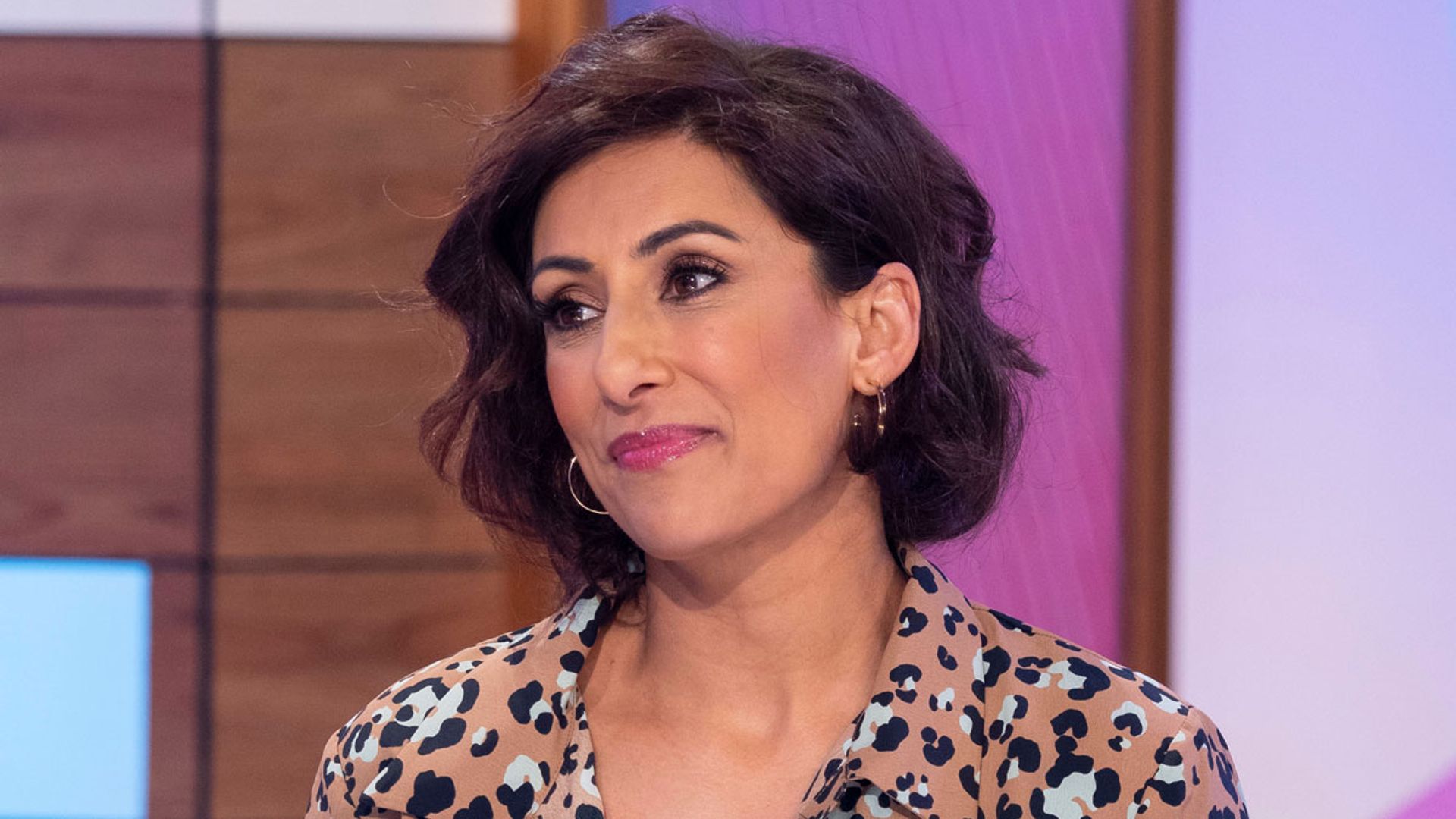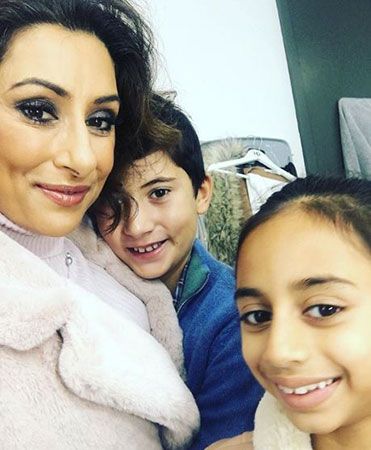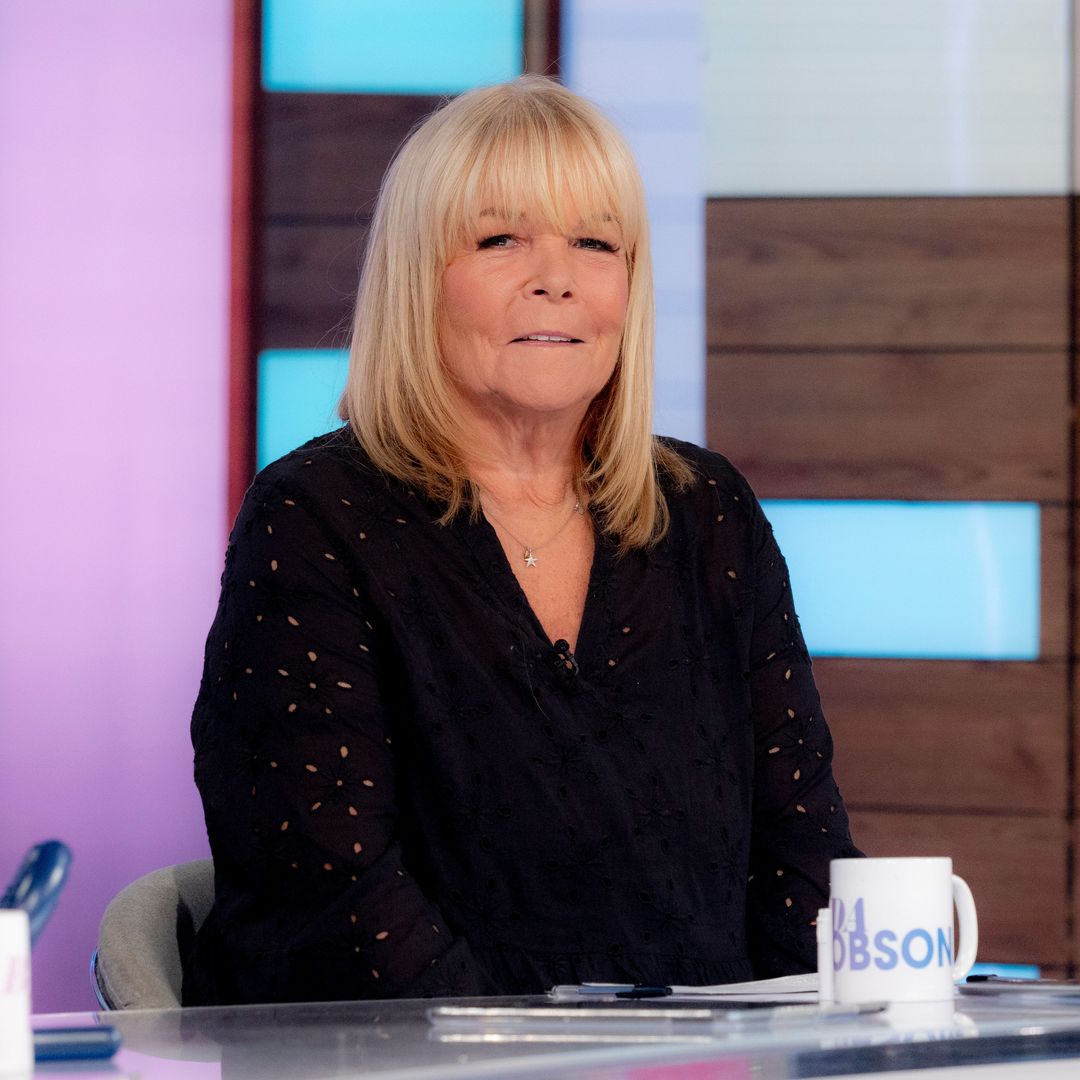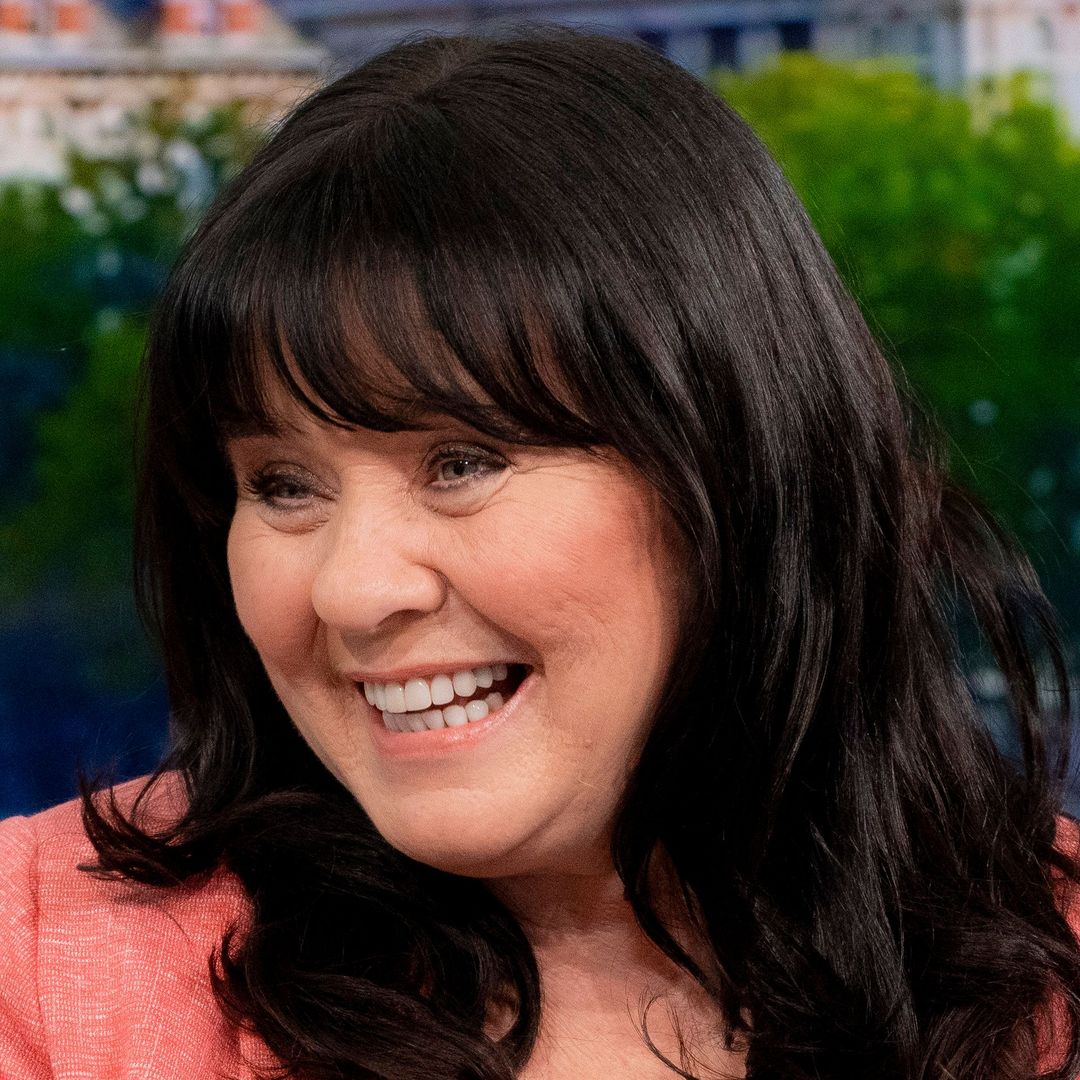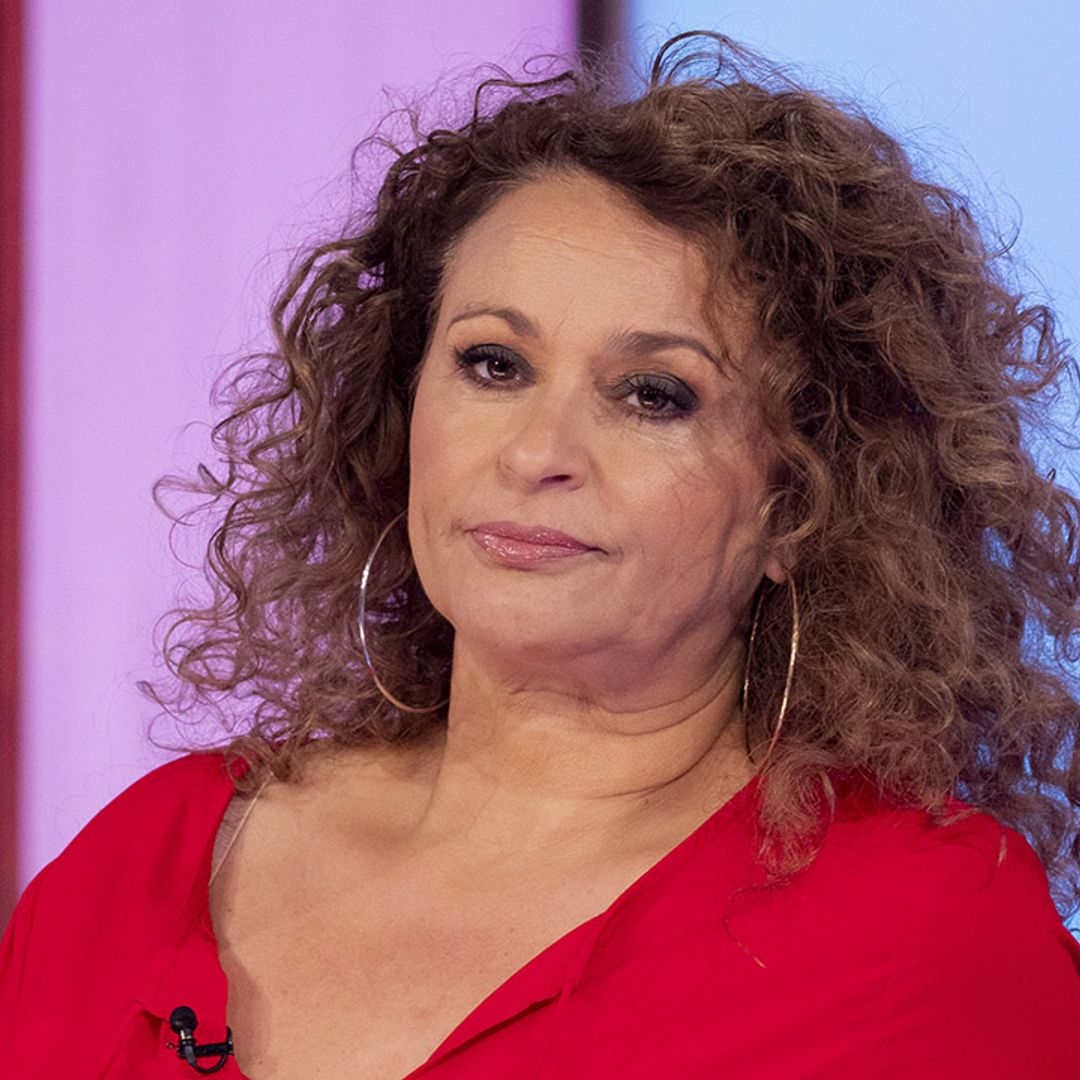After opening up about her endometriosis in an emotional social media post over the weekend, Saira Khan discussed her diagnosis on Wednesday's Loose Women. The 48-year-old was told she had stage three endometriosis after trying for a baby a decade ago. The condition meant that her chances of conceiving were just 5% due to scarring on her fallopian tubes, so she opted for IVF and later became pregnant with her first child. When the IVF failed on the second time, she adopted her daughter from an orphanage in Pakistan. Speaking about the importance of getting a diagnosis, the mum-of-two told viewers: "I do urge mothers who have got daughters and their daughters are saying, 'I've got really bad period pain mum' - please take them to the doctors as soon as possible, just to check. Because the earlier you can diagnose it, the more help you've got and the more chances are of clearing it up before you want to start having children if you want to later on."
READ: Stacey Solomon reveals surprising reason she can't take maternity leave
Saira and her children
Saira is highlighting her own experience as part of Endometriosis Awareness Month. Sharing a photo of her gorgeous family on Instagram last Sunday, the presenter wrote alongside it: "This photo brings me so much joy. It was the moment I had realised my dream to have my own family and become a mother and parent." She continued: "It’s #endometriosisawareness month and I wanted to share this photo to support all the ladies out there who have #endometriosis and want to become a mum. Please don’t give up. Infertility does not automatically mean no children - #adoption is a beautiful way to start and complete your family. #endometriosis is more common than most people think, but the awareness to recognise and treat it is still poor."
READ: Gogglebox star shocks with 3 stone weight loss – see transformation
WATCH: Saira Khan's mum star-stuck by Prince Charles
Endometriosis is a condition where tissue similar to the lining of the womb starts to grow in other places, such as the ovaries and fallopian tubes. Although it can affect women of any age, it is most common in women in their 30s and 40s. Symptoms include, but are not limited to: pelvic pain during periods, pain during or after sex, severe period pains and difficulty conceiving.
Like this story? Sign up to our newsletter to get other stories like this delivered straight to your inbox.
